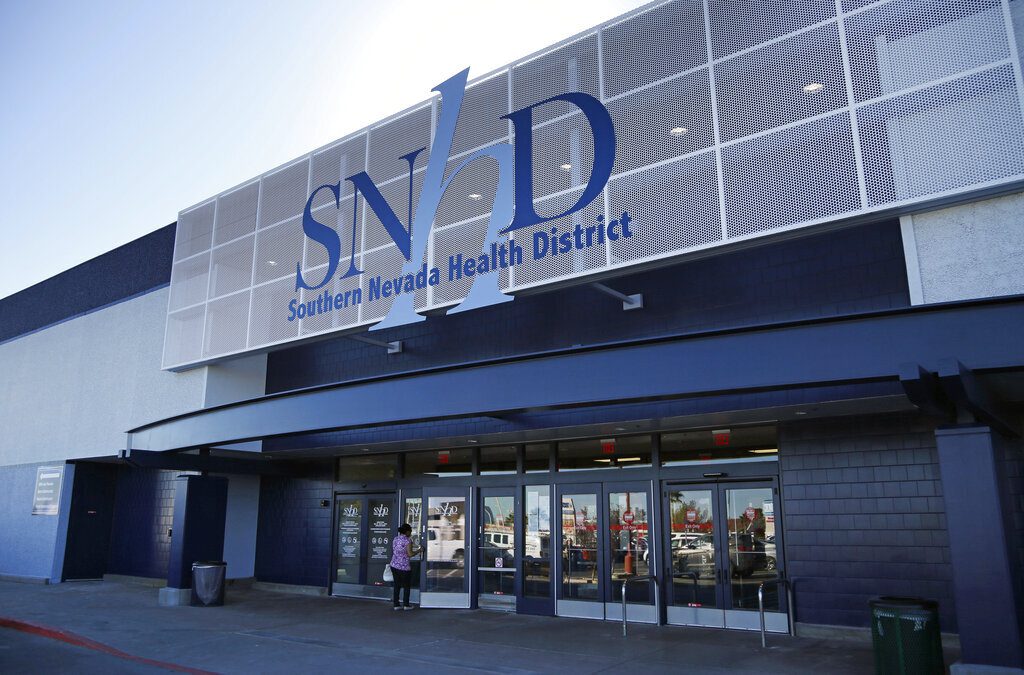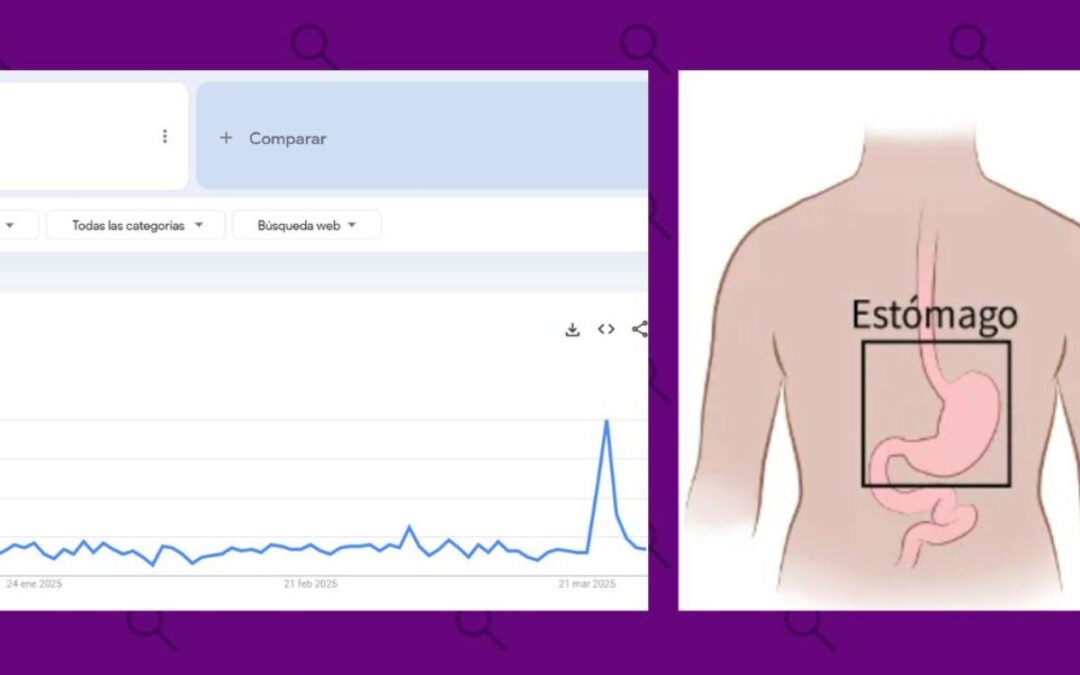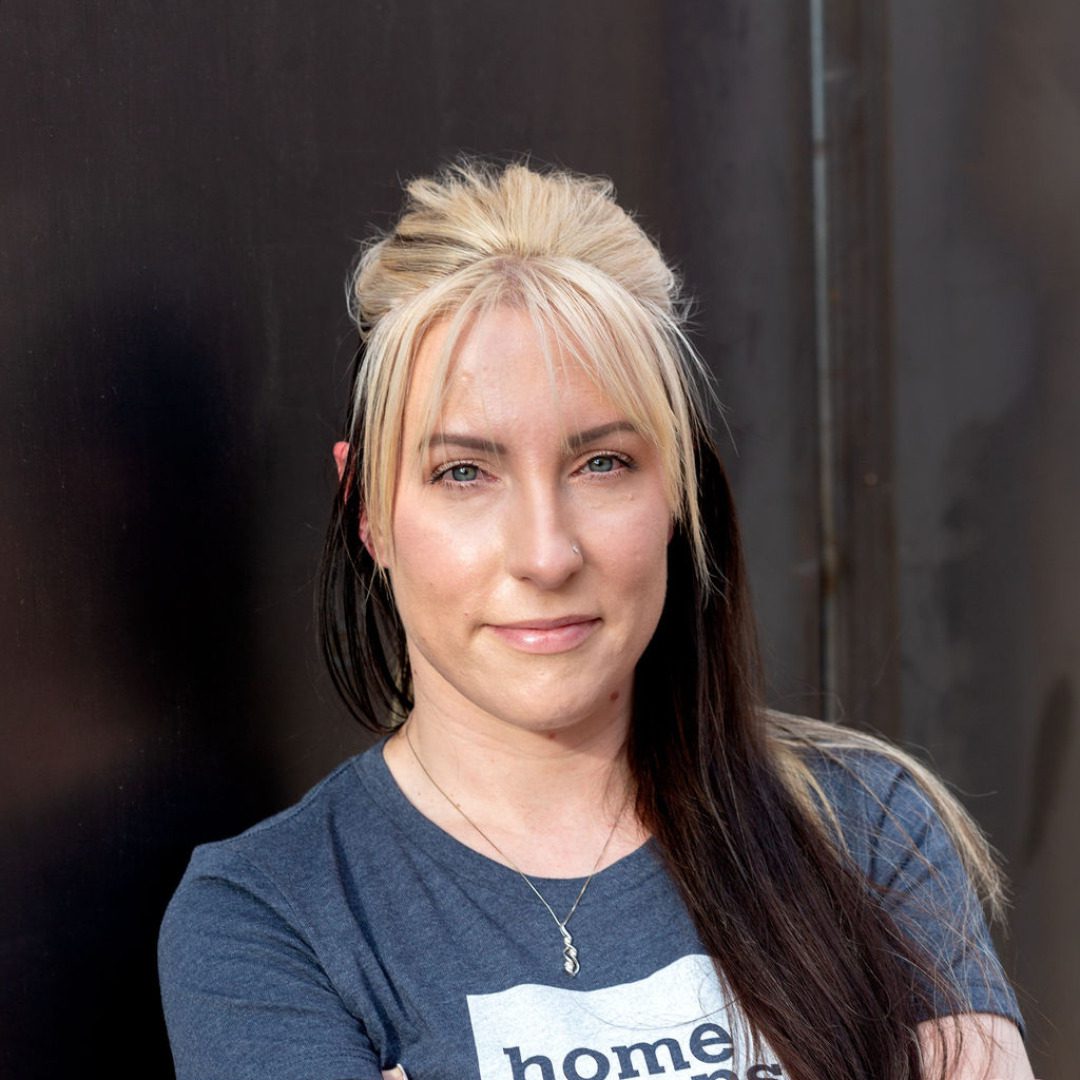
Credit: Getty Images/ ArtistGNDphotography
Depending on the outcome of this fall’s Presidential election, life could change dramatically for tens of millions of Americans.
At stake in the election is the future of the nation’s biggest healthcare programs: Medicare and Medicaid, which both turn 59 years old this month. Despite a proven track record of success and tremendous popularity among both Democratic and Republican voters, these programs have long faced attacks from Republican politicians. As we head into 2025, it’s clear that Medicaid, in particular, is a top target for the GOP.
Medicaid, the nation’s largest healthcare program, serves people of all ages including children, seniors, people with disabilities, low-wage workers, and women of childbearing age. Altogether, over 85 million Americans are enrolled in Medicaid, making the program a central pillar of the healthcare system and a lead source of healthcare in state after state. One in four people in America gets their healthcare from Medicaid.
In 2006, at 19 years old, I found out I was pregnant with my first child. This was long before Medicaid expansion in Nevada, which was provided through the Affordable Care Act (ACA). In Nevada, at that time, to qualify for Medicaid, individuals had to be completely destitute with no income.
Lacking health insurance and unable to qualify for Medicaid, I chose to get married so I could qualify for my child’s father’s insurance. This choice was made out of sheer fear that without health insurance, I would not be able to receive prenatal care during my pregnancy.
Shortly after my child was born, my husband at the time began using drugs and became physically and verbally abusive. I stayed in that relationship for the next five years believing I should not leave because I decided to get married. Lacking access to healthcare leads to real life consequences such as this. Had I been able to qualify for Medicaid, there would have been no reason to get married and I likely would have left that relationship far sooner.
Luckily, once Medicaid was expanded, I was able to qualify, which allowed me to provide medical insurance to my child, who needed glasses as she entered school. Additionally, the freedom of covering that child through Medicaid gave me autonomy to leave the marriage I desperately needed to get out of.
Health insurance has long been a determining factor in life choices given the exorbitant costs associated with medical care in the United States. Lacking adequate health insurance leads to poor outcomes for women and people living in poverty.
In addition to my own story, decades of research show that Medicaid improves health outcomes and economic security. In rural areas, Medicaid is a critical source of funding for hospitals and clinics that communities depend on for health services and to fuel local economies. Medicaid is also the lead payer of substance abuse treatment, mental health services, and in-home care for seniors and people with disabilities.
And Medicaid is destined to become ever more important given the growing demand for these services.
The rapid aging of the population, for instance, is driving increased demand for long-term care services in homes and in facilities as a record number of people turn 65. The COVID-19 pandemic has worsened a mental health crisis that is exposing woeful inadequacies in mental health services and in substance abuse treatment. To deal with surging conditions that will affect millions more people, expanded investment in Medicaid will be required and the time is now to prioritize improvements.
Unfortunately, rather than invest in Medicaid expansions that would equip the nation to provide services people need, the latest Republican budget proposal attacks the program. A recent proposal from the Republican Study Committee (RSC) – which includes 80% of House Republicans – would slash trillions from Medicaid through restructuring, make it harder to access Medicaid with bureaucratic work reporting requirements, and continue to block coverage in the 10 states where over 1.5 million people have no access to healthcare because of the GOP’s political opposition to the Affordable Care Act.
Moreover, the Republicans’ long-term blueprint for government spending, Project 2025, doubles down on these dangerous proposals that would result in millions of people losing coverage and services. These proposals could become reality next year if Republicans successfully gain control of Congress and the White House.
The good news is that voters have the power to preempt these politically motivated efforts to end Medicaid as we know it by using their voices at the ballot box. Spreading the word about the potential dangers posed by Republican proposals on health care is a critical step in ensuring voters are well-informed as they head to the polls this fall so that their votes reflect what Americans really want when it comes to the future of healthcare.
Most Americans agree that politicians of both parties have a responsibility to guarantee that everyone has access to quality affordable healthcare that they can count on, but it’s up to us to make sure our elected representatives prioritize our needs over those of corporate donors or political ideologues. Accountability for protecting our healthcare starts with casting a vote in November.

Back to school: Southern Nevada Health District encourages early school immunizations
As the 2025-2026 school year approaches, the Southern Nevada Health District is urging parents and guardians to vaccinate their students early to...

Recortes en servicios de idiomas en hospitales podrían resultar en errores
Recortes en servicios de idiomas generan temor a errores médicos, diagnósticos equivocados y muertes Si sólo tienes unos segundos, lee estas líneas:...

A Las Vegas Democrat introduced a bill that would expand Medicaid coverage for vasectomies
The roughly 800,000 Nevadans who get their health insurance through Medicaid could soon see expanded coverage for contraceptive care, if one bill...

It’s up to us to stop GOP attacks on healthcare access and affordability
As Chair of the Senate Health and Human Services Committee, I think about healthcare access every single day—because for many Nevadans, it’s not a...

Cáncer gástrico: Hispanos en EE. UU. tienen el doble de riesgo que los blancos no hispanos
Por Isabel Rubio, FACTCHEQUEADO Qué sabemos sobre el cáncer gástrico y por qué los hispanos en EE. UU. tienen el doble de probabilidades de ser...

As AI nurses reshape hospital care, human nurses are pushing back
By MATTHEW PERRONE AP Health Writer The next time you’re due for a medical exam you may get a call from someone like Ana: a friendly voice that can...





